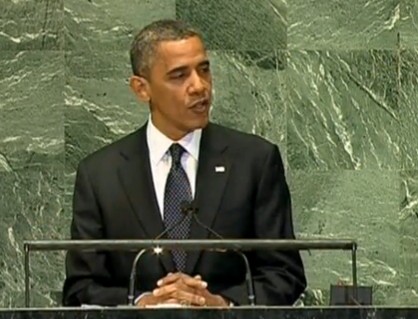【Making Friends Not Always Easy for Foreign Students】
This is the VOA Special English Education Report.
這里是美國之音慢速英語教育報道。
A recent story in the Chronicle of Higher Education said many foreign students report feeling lonely or unwelcome in Australia. Those feelings are among the reasons why Australia is taking a close look at its international education industry. The government has formed an advisory council
to help develop a five-year national strategy for the future of international education in Australia.
最近一篇在《高等教育紀事報》的報道稱,許多外國學生稱在澳大利亞感到孤獨或不受歡迎。這些情感是澳大利亞密切關注其國際教育產業的原因之一。政府已經成立了一個咨詢委員會,幫助開發澳大利亞國際教育未來五年的國家戰略。
But wherever international students go, making friends may not always be easy. The Journal of International and Intercultural Communication recently published a study done in the United States.
但是,不管國際學生去哪,交朋友可能不總是很容易。《國際及跨文化交流》雜志最近公布了在美國進行的一項研究。
Elisabeth Gareis of Baruch College in New York surveyed four hundred fifty-four international students. They were attending four-year colleges and graduate schools in the American South and Northeast.
紐約巴魯克學院的Elisabeth Gareis調查了454名國際學生,他們就讀于美國南部和東北部的四年制大學和研究生院。
Students from English-speaking countries and from northern and central Europe were more likely to be happy with their friendships. But thirty-eight percent of the international students said they had no close friends in the United States.
來自英語母語國家與來自歐洲北部和中部的學生可能對他們的友誼更為滿意。但是,38%的國際學生稱,他們在美國沒有親密朋友。
And half of the students from East Asia said they were unhappy with the number of American friends they had. Professor Gareis says thirty percent said they wished their friendships could be deeper and more meaningful.
一半來自東亞的學生稱,他們不滿意自己交的美國朋友的數量。Gareis教授說,30%的受訪者表示,他們希望自己的友誼更深入更有意義。
ELISABETH GAREIS: "Students from East Asia have cultures that are different on many levels from the culture in the United States. But then there's also language problems, and maybe some social skills, such as small talk, that are possibly not as important in their native countries, where it's not as important to initiate friendships with small talk."
ELISABETH GAREIS:“來自東亞的學生有著在很多層面上和美國不同的文化,而緊接著還有語言問題,也許還包括一些社交技巧,像寒暄,這在他們自己的國家可能并不重要,在那里通過閑聊激發友誼并不重要。”
She says many East Asian students blamed themselves for their limited friendships with Americans.
她說許多東亞學生將自己和美國人友誼有限的原因歸咎于自己。
ELISABETH GAREIS: "The vast majority blames themselves, actually for not speaking the language well enough, not knowing the culture well enough. There were also some comments about the college environment, like many of them were in the natural sciences or worked in labs where they were surrounded by other East Asians."
ELISABETH GAREIS:“絕大多數人責備自己,實際上是由于語言不夠好,不了解美國文化。此外還有一些對高校環境的意見,像他們中的許多人在自然科學領域,或在實驗室工作,身邊都是其他東亞人的。”
VOA's Student Union blogger Jessica Stahl did her own survey to find out how American students and foreign students relate to each other. More than one hundred students, about half of them American, answered her online questions.
美國之音的學生會博主Jessica Stahl進行了自己的調查,以了解美國學生和外國學生如何相互關聯。一百多名學生在網上回答了她的問題,其中約一半是美國學生。
Half of the international students and sixty percent of the Americans said they related as well or better to the other group than to their own group.
一半的國際學生和60%的美國學生稱,他們和非國人的關系一樣好,甚至更好。
Professor Gareis says students who make friends from their host country return home happier with their experience.
Gareis教授稱和東道主學生交朋友的國際學生回國后對自己的經歷更為開心。
ELISABETH GAREIS: "International students who make friends with host nationals are, overall, more satisfied with their stay in the host country. They have better language skills, they have better academic performance and they have better attitudes toward the host country. "
ELISABETH GAREIS:“總體而言,和東道主學生成為朋友的國際學生對他們在東道國的留學更為滿意。他們有較好的語言表達能力,他們有更好的學術表現,他們對東道國態度也更好。”




















